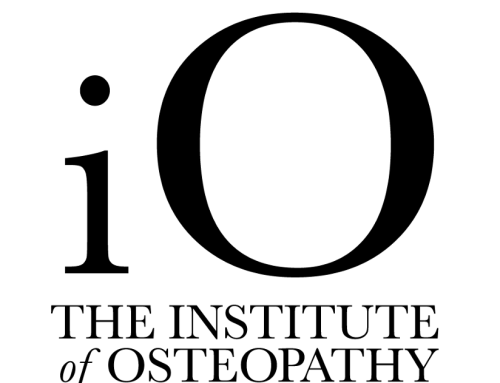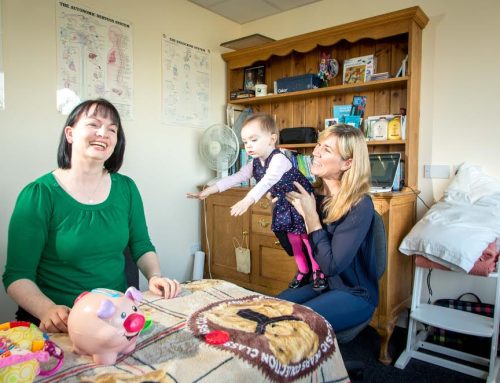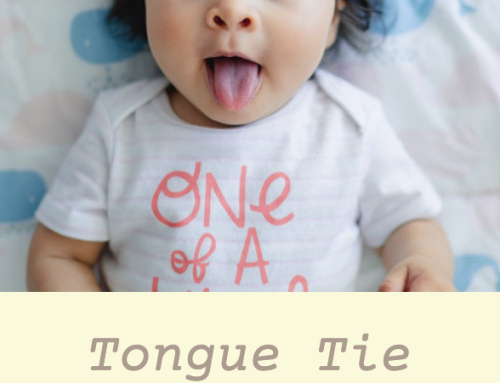As parents, we all want to see our children grow, play, and move through the world with confidence. But for some children, challenges with movement and motor development can make everyday activities more difficult.
If your child experiences delays in motor skills or has a neurological condition affecting movement, you may be wondering what therapies could help. One exciting approach gaining recognition worldwide is Dynamic Movement Intervention (DMI) therapy — and I’m thrilled to now offer this innovative therapy at the Julie Ellwood Clinic!
In this post, I’ll explain what DMI is, how it works, and why it can be so beneficial for children with motor delays.
What Exactly Is DMI Therapy?
Dynamic Movement Intervention, or DMI, is a therapy technique designed to help children develop better movement skills, balance, and postural control. It uses specific exercises and guided movements to encourage the brain and body to work together in new ways.
During a session, the therapist guides your child through movements that are carefully chosen to help improve core strength, balance, and motor coordination. These movements are repeated in different ways, helping your child’s brain “learn” more effective patterns of movement.
In simpler terms? It’s all about helping your child feel more confident and capable in their body through targeted, purposeful play.
Who Can Benefit from DMI?
DMI therapy is suitable for a wide range of children — from babies to older children — who may have:
- Cerebral palsy
- Developmental delays
- Hypotonia (low muscle tone) or hypertonia (high muscle tone)
- Genetic conditions affecting movement
- Neurological conditions that impact motor skills
- Delayed milestones such as crawling, standing, or walking
Not sure if DMI is right for your child? I’m always happy to chat and discuss your child’s specific needs. You can email me on julieellwoodclinic@gmail.com.
How Does DMI Therapy Work?
One of the best things about DMI therapy is that it’s active and playful — children often find the sessions engaging and fun!
Here’s what typically happens:
- Your child is guided through movements designed to challenge their balance and posture.
- We work in different positions — such as lying down, sitting, or standing — depending on your child’s ability.
- Repetition of these movements helps to build stronger motor pathways in the brain.
- Therapy is gentle, supportive, and always adapted to suit your child’s unique abilities.
Through these guided activities, we aim to spark new motor skills and promote greater independence.
Why Parents Love DMI: Key Benefits
Many families see wonderful progress after incorporating DMI therapy, including:
- Better balance and coordination
- Stronger head and trunk control
- Improvements in functional skills like crawling, standing, or walking
- Enhanced confidence in movement and play
- Progress towards developmental milestones
Most importantly, DMI therapy is designed to empower both the child and the family, creating opportunities for movement that carry over into everyday life.
Why I’m Passionate About DMI Therapy
With more than 20 years working with infants and young children, I’m delighted to bring this therapy to my clinic. I’ve seen first-hand how it can help children overcome physical challenges and unlock their movement potential.
Each session is tailored to your child, with a focus on making therapy a positive, encouraging experience. My goal is to help your child progress in a way that feels empowering and fun — while also giving you tools and guidance to support their journey at home.
Watching your child take new steps — whether that’s literally or figuratively — is one of the greatest joys of parenting. With DMI therapy, we work together to help your child reach those milestones in their own time, and in their own way.




